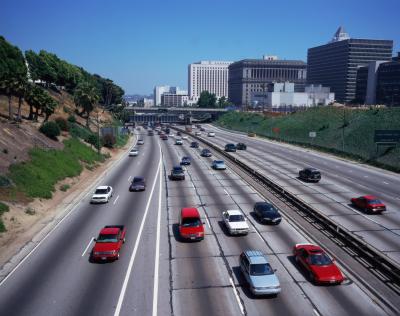
Car vibrations at high speeds can be caused by several problems. Most of them are felt in the steering wheel and can be traced to the front end of the car. Vibrations at high speeds can lead to tire failure and serious accidents. Whatever the cause of the vibration, don’t ignore the problem and have the vehicle serviced at once.
When a car's wheels are out of alignment, it can lead to vibration. A wheel alignment consists of adjusting the angles of the wheels so that they are perpendicular to the ground and parallel to each other. Wheel alignment adjustments are necessary to maximize tire life and make your tires rotate evenly.
A bulge or blister on the sidewall of a tire can also cause vibrations, which is particularly dangerous if it's on a front tire. A bulge is a sign of a potential weak spot that could lead to tire blowout. Always check for abnormalities on the sidewalls of your tires. Replace the tire immediately if you find a bulge or blister.
Wheel balancing is often confused with wheel alignment. The two are totally different, but they both affect the ride and handling of your car. If a wheel is out of balance, it will cause a vibration at high speeds that can be felt in the steering wheel. When tires are fitted to wheels, correction weights are attached to the wheels to make the tires rotate evenly and counteract the combined effect of the tire and wheel unbalance. Tires often need rebalancing during their lifetime. A good time to check wheel balance is during a rotation.
Motor mounts support the engine and transmission, and reduce noise and vibration in your car, especially at high speeds. Motor mounts separate the engine and transmission from the chassis so vibrations are not transmitted to the rest of the car. If a service shop determines worn motor mounts to be the cause of vibration, they need to be replaced.
Worn shock absorbers or struts in your car can cause vibrations by not keeping the tires firmly on the road surface, allowing them to bounce on uneven roads. Worn shocks or struts can lead to uneven tire wear, which can cause vibrations.
Loose or broken steering components can cause vibrations when driving at high speeds. Worn tie rod bushings or a bad wheel bearing can cause vibrations, as can warped brake rotors, which can especially be felt in the steering wheel when braking.
A bent tire rim usually occurs when you hit the side of a curb very hard or hit a deep pothole. This will cause a vibration at high speeds and balancing the wheels will not fix it. A bent rim needs to be replaced, especially if it's on the front end of the car.